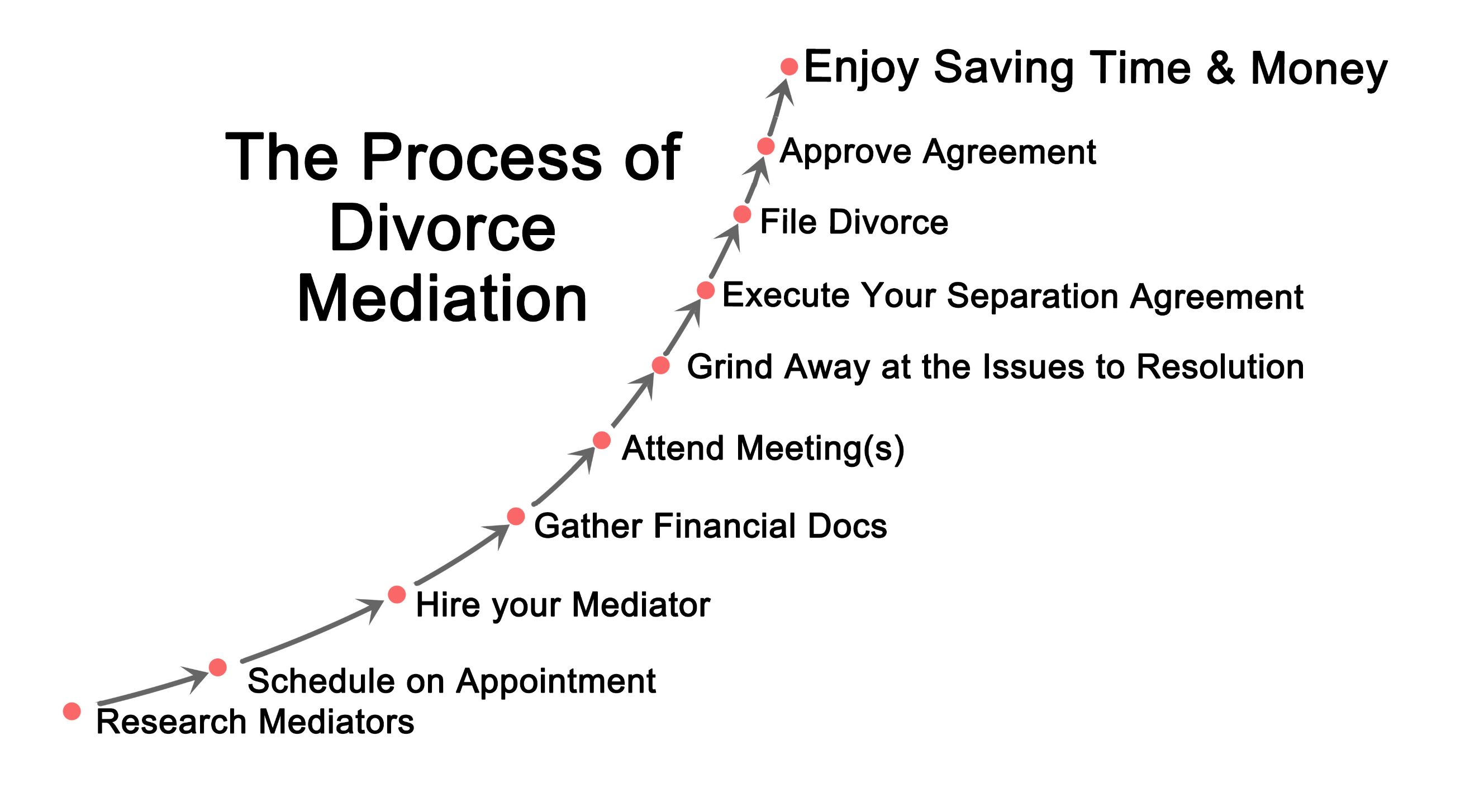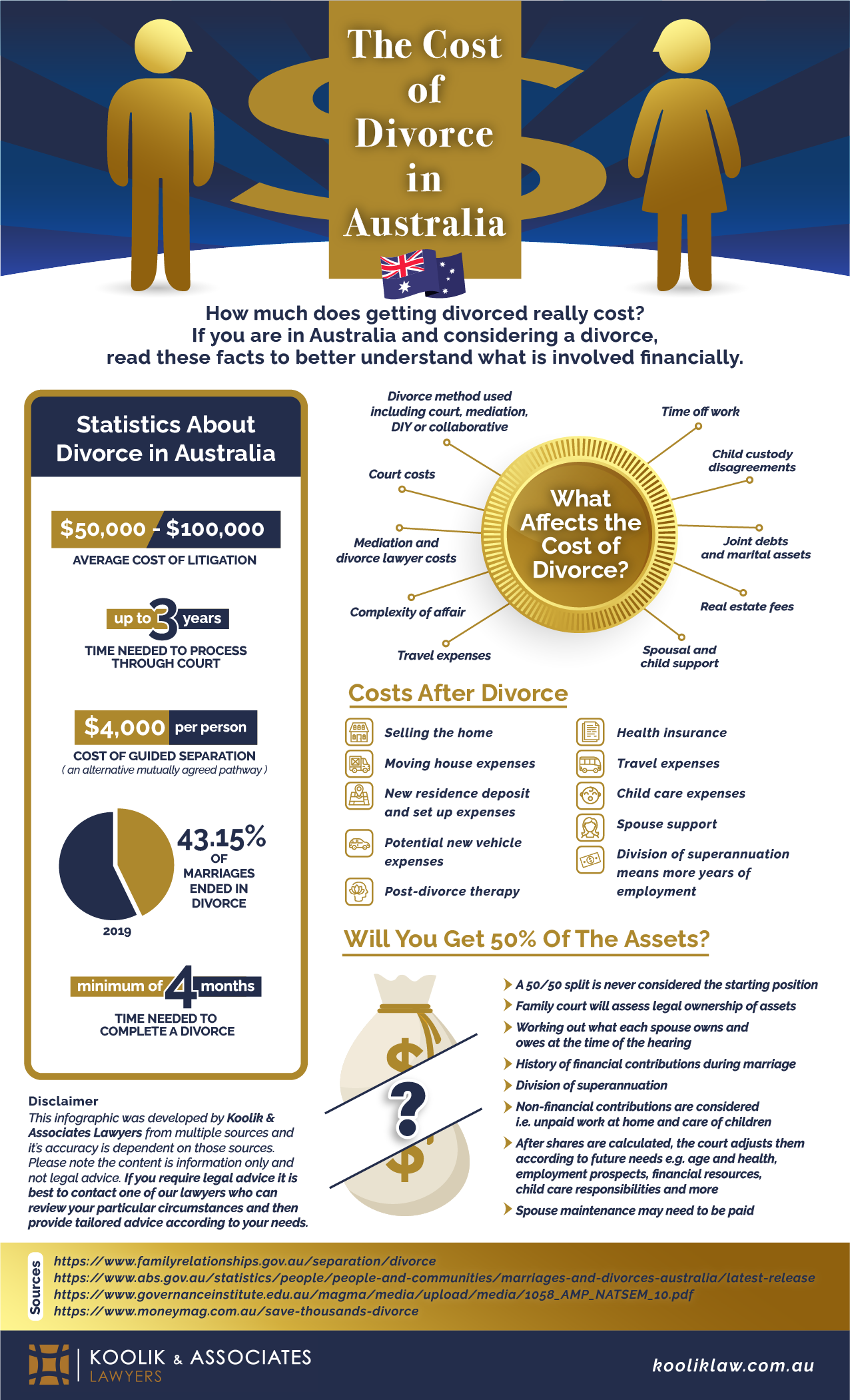An Overview of The Divorce Mediation Process In Australia
49,510 divorces were granted in Australia in 2020, an increase of 1.6% from 2019. Divorce mediation is one of the most effective ways to settle a divorce. It helps prevent the acrimonious and costly process of litigation.
This article explores the divorce mediation process in Australia. It looks at what to expect if you decide to take this route. When you understand the process, you can decide if divorce mediation is right for you. So read on to find out more.
Divorce mediation helps couples negotiate and reach an agreement on their separation. This includes property division, and financial and parenting arrangements. The mediator is a neutral third party who does not take sides or give advice. They help foster communication and negotiation between the parties.
Divorce mediation helps couples resolve their differences in a constructive and cooperative way. This helps to avoid lengthy and expensive court proceedings. Mediation can occur at any stage, even after court proceedings have commenced.
There are many benefits to using mediation to resolve your divorce. Some of these include:
While mediation does have many benefits, it is not suitable for everyone. Some of the potential drawbacks of mediation include:
The first step is to choose a divorce mediator. It is important to choose a mediator with experience in family law. They must also have mediation training. Ask your lawyer for recommendations, or search for divorce mediators on the Australian Institute of Family Studies website.
Once you have chosen a mediator, you and your ex-partner must attend an initial meeting. This is held at the mediator's office or conducted via the phone or online. This meeting is to assess if mediation is suitable for your case. It also gives you both an opportunity to ask any questions about the divorce mediation process.
If divorce mediation is suitable, the next step is to schedule mediation sessions. These take place at the divorce mediator's office, or online if necessary. Each session lasts for 1-2 hours, and you and your ex-partner will have the opportunity to discuss any issues relating to your separation. The mediator will facilitate discussion and help you both to brainstorm potential solutions.
If you are able to reach an agreement on all aspects of your separation, the mediator will draft a document called a Memorandum of Understanding (MOU). This document sets out the terms of your agreement, and once it is signed by both parties it is legally binding.
If you are unable to reach an agreement on all issues, the mediator will provide you with information about other dispute resolution options, such as arbitration or court proceedings.

The first thing that is dealt with during the divorce process is the separation of assets and property. This determines who will get the family home, who will keep the furniture, and how any other joint assets will be divided.
If you have children together, the next thing that will be dealt with is child custody and parenting arrangements. This decides who the children will live with, how much time they will spend with each parent, and which parent will make decisions about their welfare.
The next issue that is generally dealt with is child support. This decides how much the non-custodial parent will pay to the custodial parent for the support of the children.
One of the most important aspects of divorce mediation is dealing with finances. This includes discussing each party's financial situation, setting a budget, and deciding who will be responsible for which debts. It is also important to discuss how any assets will be divided, and what will happen to the family home.
The final issue that is often dealt with during divorce mediation is spousal maintenance. This includes deciding whether one spouse will pay maintenance to the other, and if so, how much and for how long.
Your divorce mediation cost varies depending on the divorce mediation attorney and the length of the process. However, it is cheaper than going to court and is a fraction of the cost of traditional divorce proceedings.

The divorce mediation process is a helpful way to resolve your differences and avoid expensive and stressful court proceedings. It is important to remember that mediation is not suitable for everyone. Speak to a lawyer before making any decisions about your separation.
If you are considering a divorce, mediation may be the best option. Koolok and Associates have years of experience and are accredited divorce and family law experts. We will ensure an outcome that is suitable for all parties involved. Schedule a consultation today to discuss your situation.
Please note the contents of this post is information only and not legal advice.
If you require legal advice it is best to contact one of our lawyers who can review your particular circumstances and then provide tailored
advice according to your needs.